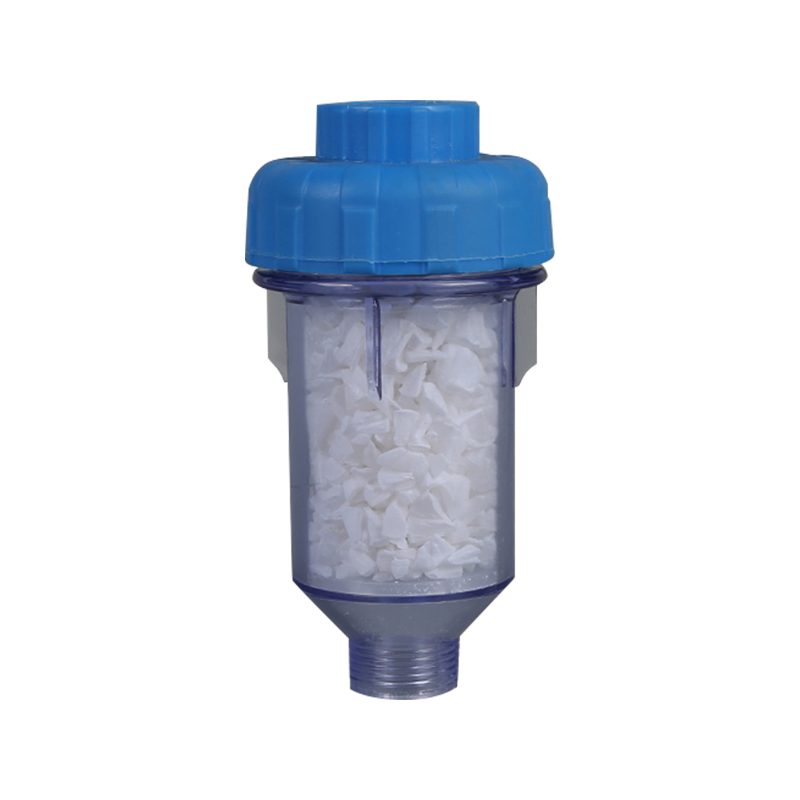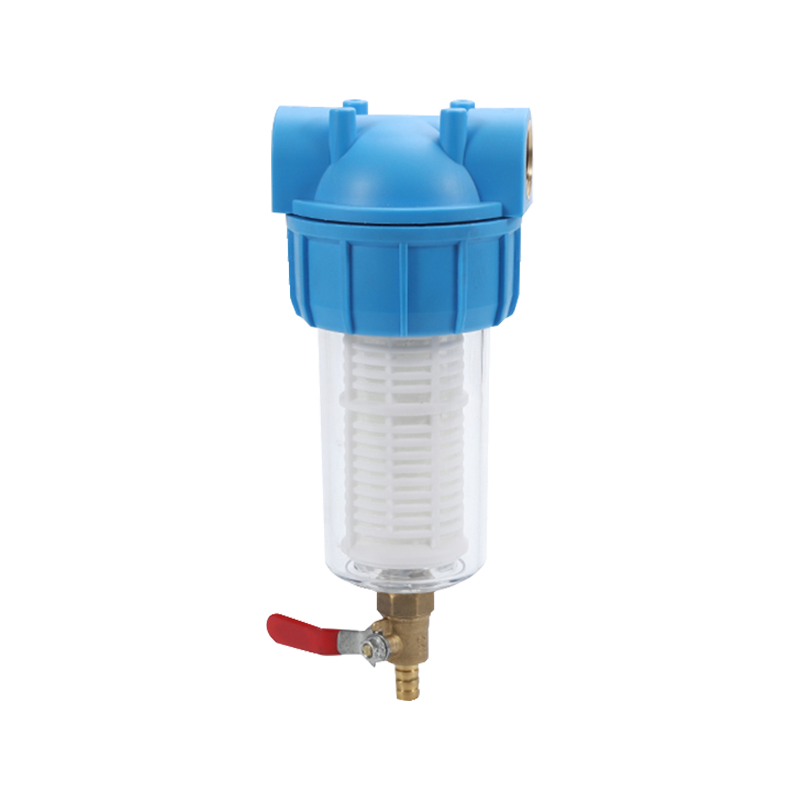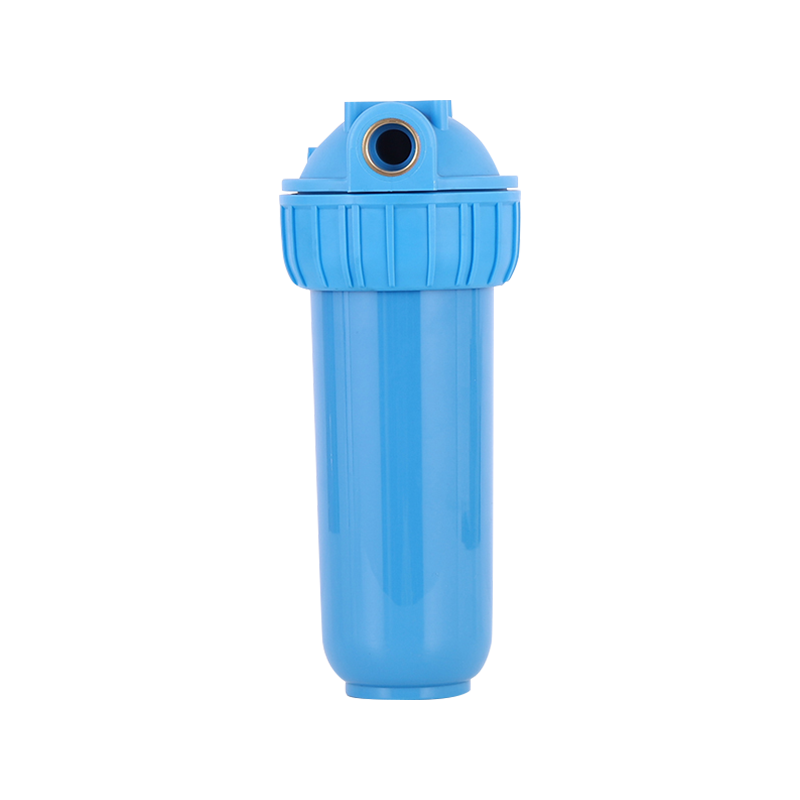The core highlight of this filter is its built-in silicone sheet filter layer. As a high-performance elastic material, silicone has high-temperature resistance, aging resistance, corrosion resistance,...
See Details [email protected]
[email protected] +86-18857088392
+86-18857088392 No. 1, Guihua 'an Road, Qinggang Xiaohu Family, Mushan Town, Yuyao , Zhejiang, CHINA
No. 1, Guihua 'an Road, Qinggang Xiaohu Family, Mushan Town, Yuyao , Zhejiang, CHINA
Can household water filter cartridges reduce heavy metal pollution in water?
Industry News-As water pollution becomes increasingly serious, more and more families are beginning to pay attention to water safety, especially heavy metal pollution. Harmful substances such as lead, mercury, and arsenic in water may cause long-term damage to human health. Therefore, it is particularly important to choose a suitable household water filter.
1. Activated carbon filter: Reduces odor in water but the effect is limited
Activated carbon filter is one of the most common types of filter in household water filters. It can remove chlorine, volatile organic compounds (VOCs) and some harmful substances in water through the adsorption principle. The filtering effect of activated carbon filter on heavy metals is relatively limited. It has a weak ability to remove heavy metals such as lead and mercury in water. If there is a high concentration of heavy metals in household water, relying solely on activated carbon filter cannot meet the water purification needs.
2. Reverse osmosis filter (RO filter): Effectively remove heavy metal pollution
Reverse osmosis (RO) technology is considered to be one of the most effective water filtration technologies at present. Reverse osmosis filter can effectively isolate most harmful substances in water, including heavy metals (such as lead, arsenic, copper, etc.) through the principle of semi-permeable membrane. Since the pore size of the reverse osmosis membrane is very small, only water molecules are allowed to pass through, while most heavy metals and pollutants are filtered out. If your home water contains high levels of heavy metal pollution, choosing a water filter with a reverse osmosis filter is undoubtedly the best choice.
3. Ion exchange filter: professional removal of heavy metals
Ion exchange filter is a filter that can effectively remove certain heavy metals in water. It uses the principle of ion exchange to replace harmful heavy metals (such as lead) in water with harmless substances. Ion exchange filters are particularly good at removing elements such as lead, calcium, and magnesium in water. Therefore, in hard water areas, ion exchange filters can effectively improve water quality, reduce heavy metal pollution, soften water quality, and prevent scale formation.
4. Ceramic filter: removes large particles but has a general effect on heavy metals
Ceramic filter is usually used to remove large particle impurities, sediments, and microorganisms in water. It effectively intercepts bacteria, viruses, and other large particle pollutants in water through the filtering effect of tiny pores. However, the ceramic filter element has a relatively weak effect on removing heavy metals. If the water quality at home is seriously polluted, the ceramic filter element is not suitable for use alone to remove heavy metals.
5. How to choose a suitable household water filter element?
To choose a suitable household water filter element, you need to understand the water quality in your area. If your water contains a lot of heavy metals or other harmful substances, it is recommended to choose a water filter with reverse osmosis technology. This filter element can filter most of the heavy metals and pollutants in the water while ensuring the purity of the water. If you only need to remove chlorine, odor, etc. from the water, an activated carbon filter element may be enough.
If the water quality in the area where you live is hard, choosing an ion exchange filter element can also effectively improve the water quality and reduce calcium, magnesium and other substances in the water.

 English
English русский
русский Español
Español عربى
عربى 中文简体
中文简体
 >
> >
> >
> >
> >
> >
> >
> >
>
